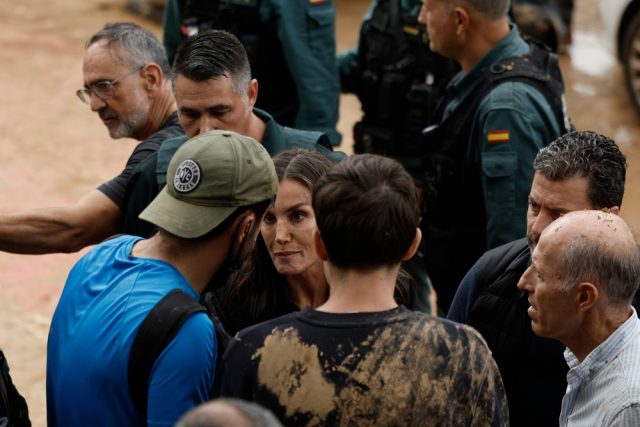
On Tuesday, October 29th, at 6:42am., the State Meteorological Agency (AEMET in Spanish) issued an orange warning for heavy rains in various areas of the Valencia province. Less than an hour later, the alert was raised to red in the northern interior of the province, where the DANA (a strange weather phenomenon) was already unleashing its full force. This marked the beginning of what is now considered one of the most significant meteorological disasters in Spain’s history. According to AEMET data, in just eight hours, towns like Chiva recorded recorded-breaking rainfall, with 491 liters per square meter, almost the same amount of water that typically falls in an entire year in the region.
Faced with the gravity of the situation, with dozens of deaths and after a night described as “terrifying”, “horrific”, and “worse than a death trap”, the political parties decided to suspend the plenary session in the Spanish parliament, scheduled for Wednesday, October 30th. The session was adjourned out of respect for the victims. However, the extraordinary session planned to ratify the Government’s decree modifying the election method and required majorities for appointing the RTVE council proceeded as planned. The Government justified this by citing the need to unblock the appointment of RTVE Council members. Once again, Sánchez’s hunger for power prevailed over moral considerations. As the leader of the People’s Party put it, “a despicable attitude”.
Even more deplorable was the decision not to postpone this vote amidst a national tragedy, highlighting the Prime Minister’s obsession with securing control over public media. Instead of demonstrating solidarity and prioritizing the response to one of the worst meteorological catastrophes in recent history, the Government chose to push forward with its political agenda. This decision reinforces the perception that Sánchez is willing to seize any opportunity to consolidate this influence over RTVE, prioritizing control over the media apparatus above the well-being and urgent needs of the citizens.
Five days later, on November 2nd, the Emergency Center of the Generalitat Valenciana reports that de death toll in the Valencia province had risen to 210. The images of devastation in Paiporta and other affected areas reflect not only the physical impact of the DANA but also the moral and emotional deterioration of a polarized society and weakened institutional structure.
Pedro Sánchez’s visit to the affected area was not only belated but also lacked empathy and a sense of responsibility. In contrast, the Kings of Spain, Felipe Vi and Queen Leticia, displayed exemplary commitment, approaching the victims without escort and facing the harsh reality with dignity and courage. Sánchez, on the other hand, seemed more concerned with safeguarding his image than offering comfort or concrete solutions. Amid the tensions, the Kings assumed unnecessary risks, becoming symbols of hope and solidarity, while the Prime Minister distanced himself from the citizen’s anger.
Particularly outrageous was Sánchez’s press conference, during which he accepted no questions and announced a massive deployment of security forces, attempting to divert attention from his initial inaction and the central Government’s responsibility in managing the crisis. His attitude reflects a political strategy disconnected from the real needs of the population, focused instead on political calculations and maintaining media control.
The Valencia tragedy underscores the urgent need for leadership that prioritizes collective well-being over personal or partisan interests. While Sánchez failed to rise to the occasion, the Kings of Spain demonstrated that in time of crisis, true leadership is shown trough actions, not empty words or propagandistic displays.



 Subscribe
Subscribe